
Container Journal features the largest and most diverse original content related to containers and microservices and is a top search result for container-related terms. Container Journal features in-depth features, bylined articles, blog posts and breaking news about the topics that resonate with IT readers interested in containers, including Kubernetes, Docker and more.
IBM announced today it will next month make available a technical preview of a sovereign IT platform based on the Red Hat OpenShift platform that enables IT teams to deploy isolated workloads in as little as a single day. Sachin Prasad, program director for product management for artificial intelligence (AI) The post IBM Adds Sovereign Core Platform Based on Red Hat OpenShift appeared first on Cloud Native Now.
Discover the latest enhancements in Kubernetes workload scheduling, including the Workload API and gang scheduling features aimed at optimizing application performance and management. The post Kubernetes v1.35 Arrived, Right On Workload-Aware Schedule appeared first on Cloud Native Now.
Join us at Predict 2026 to explore how AI is challenging cloud native platforms, driving operational maturity, and reshaping the tech landscape. The post Predict 2026: AI is Forcing Cloud Native to Grow Up appeared first on Cloud Native Now.
Keen to eat its own dogfood (or drink its own champagne if you want to use the marketing-friendly platitude), artificial intelligence startup Anthropic is using its own Claude Code agentic coding tool to help its teams with coding tasks and to master preexisting code understanding. Not just a raw code The post Best of 2025: How Anthropic Dogfoods On Claude Code appeared first on Cloud Native Now.
CAST AI today published a report that shines a light on the massive amount of infrastructure resources being wasted by Kubernetes clusters. Organizations, on average, only use 13% of provisioned CPUs and 20% of memory when deploying clusters that have 50 to 1,000 processors, according to the report. Based on The post Best of 2025: CAST AI Report Surfaces Massive Kubernetes Cloud Infrastructure Waste appeared first on Cloud Native Now.
Google Cloud today at the KubeCon + CloudNativeCon Europe 2025 conference disclosed it is making available a public preview of an orchestration framework for managing multiple Kubernetes clusters. Laura Lorenz, a software engineer for Google Cloud, told conference attendees the Multi-Cluster Orchestra (MCO) service will, in addition to making it The post Best of 2025: Google Adds Multi-Cluster Orchestration Service for Kubernetes appeared first on Cloud Native Now.
Akamai and Fermyon Technologies today formed an alliance that brings WebAssembly (Wasm) software components to a highly distributed cloud computing network. Fermyon has been at the forefront of providing the infrastructure required to build and deploy Wasm applications using a serverless computing framework. Under the terms of the alliance, that The post Best of 2025: Akamai Allies with Fermyon to Advance Wasm Adoption appeared first on Cloud Native Now.
As Kubernetes environments grow increasingly complex, next-generation observability tools featuring intuitive dashboards, AI-driven insights and open-source innovations are helping DevOps teams reduce complexity and democratize access across IT roles. The Complexity Challenge Despite its powerful capabilities, Kubernetes continues to present significant challenges for many organizations. The orchestration platform’s steep learning The post Best of 2025: The Observability Evolution: How AI and Open Source are Taming Kubernetes Complexity appeared first on Cloud Native Now.
Kubernetes has emerged as the de facto standard for orchestrating containerized applications, offering unprecedented agility, scalability and speed in delivering software. It enables organizations to respond rapidly to market demands and evolving customer needs. Teams adopt Kubernetes precisely because it accelerates development and deployment cycles, stirring up innovation at a The post Best of 2025: Hardening Kubernetes Security with DevSecOps Practices appeared first on Cloud Native Now.
A survey of 689 IT professionals published this week by the Cloud Native Computing Foundation (CNCF) finds 80% of respondents work for IT organizations that have deployed Kubernetes in a production environment, with another 13% piloting or actively testing the platform. Conducted by Linux Foundation Research on behalf of the The post Best of 2025: CNCF Survey Surfaces Steady Pace of Increased Cloud-Native Technology Adoption appeared first on Cloud Native Now.